In today’s fast-paced world, parents and educators are constantly seeking innovative and effective ways to foster holistic development in young children. Enter the Montessori method—a revolutionary approach that has been captivating the minds of Montessori enthusiasts for over a century. But what exactly makes the Montessori preschool curriculum stand out?
At its core, the Montessori curriculum offers a unique learning experience tailored to the natural developmental needs of children aged 3-6. It’s not just another teaching method; it’s a philosophy that nurtures independence, respect, and a lifelong love for learning.
Whether you’re a parent looking to understand its benefits or an educator considering its implementation, this guide will provide valuable insights into the Montessori preschool curriculum.

The Essence of the Montessori Curriculum
1. Child-Centric Learning Environment
One of the key components of the Montessori curriculum is its focus on creating a child-centric learning environment. This means structuring the classroom in a way that encourages exploration and discovery. Instead of traditional teacher-led instruction, Montessori education allows children the freedom to choose activities that pique their interest, fostering a sense of autonomy and motivation.
In a Montessori classroom, you’ll find children engaged in various activities, from practical life exercises to sensorial tasks, all designed to cater to their developmental stage. This self-directed approach not only enhances their problem-solving skills but also builds their confidence as they learn at their own pace. For more on how this method can be implemented at home, visit Master the Montessori Life.

To really make bigger strides on your Montessori journey, I want to encourage you to consider enrolling in The Montessori Way Foundations Framework. In this 7-module program, you will be able to learn the “why” behind all things Montessori so you can turn around and apply those foundational principles to any subject ans any topic! It will help you with a successful Montessori Preschool Curriculum.
2. An Integrated Approach to Learning
Another hallmark of the Montessori curriculum is its integrated approach to learning. Unlike conventional educational systems where subjects are taught in isolation, the Montessori method weaves different areas of learning into a cohesive whole. This interdisciplinary approach helps children make connections across subjects, deepening their understanding and retention.
For instance, a lesson on plant life may incorporate elements of science (plant biology), math (measuring growth), and language (naming parts of the plant). Through this seamless integration, children gain a more comprehensive understanding of the world around them. To explore Montessori materials that facilitate such integrated learning, The Natural Homeschool Shop offers a variety of resources.
Some examples where you can teach several subjects while focusing on different skills:
- Ways to combine Practical Life and Culture Montessori Subjects
- Enhancing Language Arts with Science: The Butterfly Life Cycle Manuscript Handwriting Practice
- 3 Winter-Themed Fine Motor Skills Hands-on Activities
- Episode 42: Tips to incorporate Fall into your Montessori environment
3. Respect for Individual Learning Styles
A significant aspect of the Montessori curriculum is its respect for individual learning styles. Recognizing that each child is unique, Montessori educators tailor their approach to suit the diverse needs and interests of their students. This personalized attention ensures that children remain engaged and motivated, paving the way for meaningful and lasting learning experiences.
Montessori classrooms are rich with materials and activities that cater to different learning modalities—visual, auditory, kinesthetic, and more. Whether a child learns best through hands-on activities or by quietly observing, the Montessori method provides ample opportunities for them to thrive. Master the Montessori Life offers guidance on adapting these principles to your homeschool setup.

Resources to Enhance Your Montessori Journey
If you’re eager to bring the Montessori curriculum to life, both at school and home, several resources can support your efforts. Websites like The Natural Homeschool and Master the Montessori Life offer a wealth of information, from printable activities to professional development courses for educators.
Additionally, their online shops provide a range of Montessori materials tailored to different subjects, ensuring that you have everything you need to implement this enriching educational approach. Check out the curated collections at The Natural Homeschool Shop and Master the Montessori Life Shop for top-quality resources.
Conclusion
The Montessori curriculum for preschoolers is more than just an educational framework—it’s a philosophy that empowers children to become confident, independent learners. By fostering a love for exploration and encouraging individual growth, the Montessori method equips young minds with the tools they need to thrive in the world.
Whether you’re an educator aiming to transform your classroom or a parent seeking to enrich your child’s learning at home, the Montessori curriculum offers invaluable benefits. To deepen your understanding and explore Montessori resources, we invite you to visit The Natural Homeschool and Master the Montessori Life.
You might also enjoy these relevant topics:
- Introduce Hibernation, Migration and Adaptation to Children
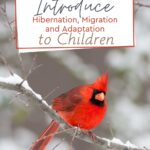 When you introduce your children to the concepts of hibernation, migration and adaptation, you will love to learn how they find food, which ones follow each of these survival techniques and so much more.
When you introduce your children to the concepts of hibernation, migration and adaptation, you will love to learn how they find food, which ones follow each of these survival techniques and so much more. - Montessori Farm Sensory Bin: Hands-On Learning
 A Montessori farm sensory bin is simple to assemble, rooted in purposeful work, and designed to invite deep exploration.
A Montessori farm sensory bin is simple to assemble, rooted in purposeful work, and designed to invite deep exploration. - Tips to incorporate Fall into your Montessori environment
 Come and find out how you can highlight and celebrate Fall in your Montessori environment without stressing out about it.
Come and find out how you can highlight and celebrate Fall in your Montessori environment without stressing out about it. - Hands-On Fun: 3 Montessori Practical Life Activities for Fall
 These simple Montessori Practical Life activities for Fall are easy to do anytime you have the materials ready.
These simple Montessori Practical Life activities for Fall are easy to do anytime you have the materials ready. - Embracing Autumn: A Montessori Guide to Fall Fun
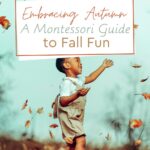 Spread the loveThe arrival of autumn brings a special kind of magic. The air turns crisp and leaves paint the…
Spread the loveThe arrival of autumn brings a special kind of magic. The air turns crisp and leaves paint the… - Montessori Toddler Essentials
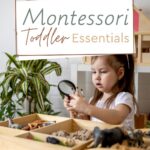 The Montessori method offers a pathway with a series of Montessori toddler essentials that you will find helpful.
The Montessori method offers a pathway with a series of Montessori toddler essentials that you will find helpful.

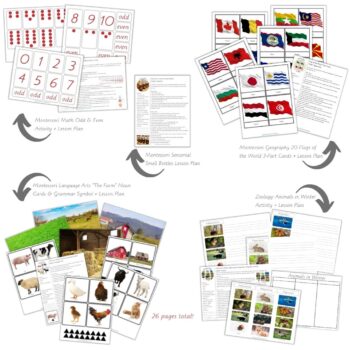
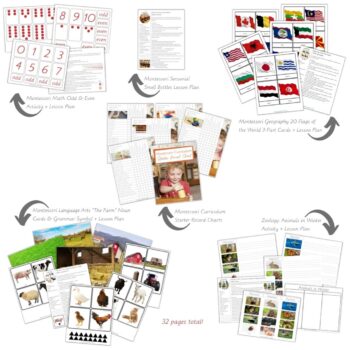

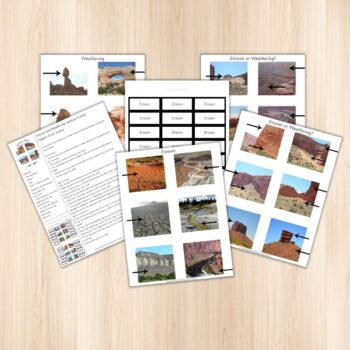
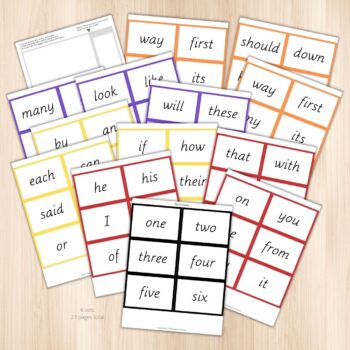
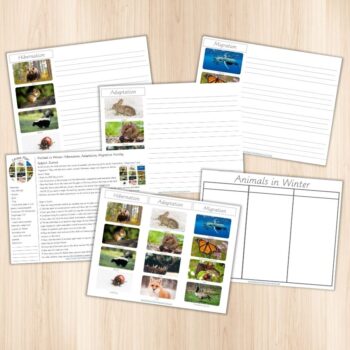


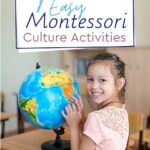
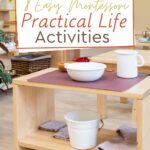
Leave a Reply